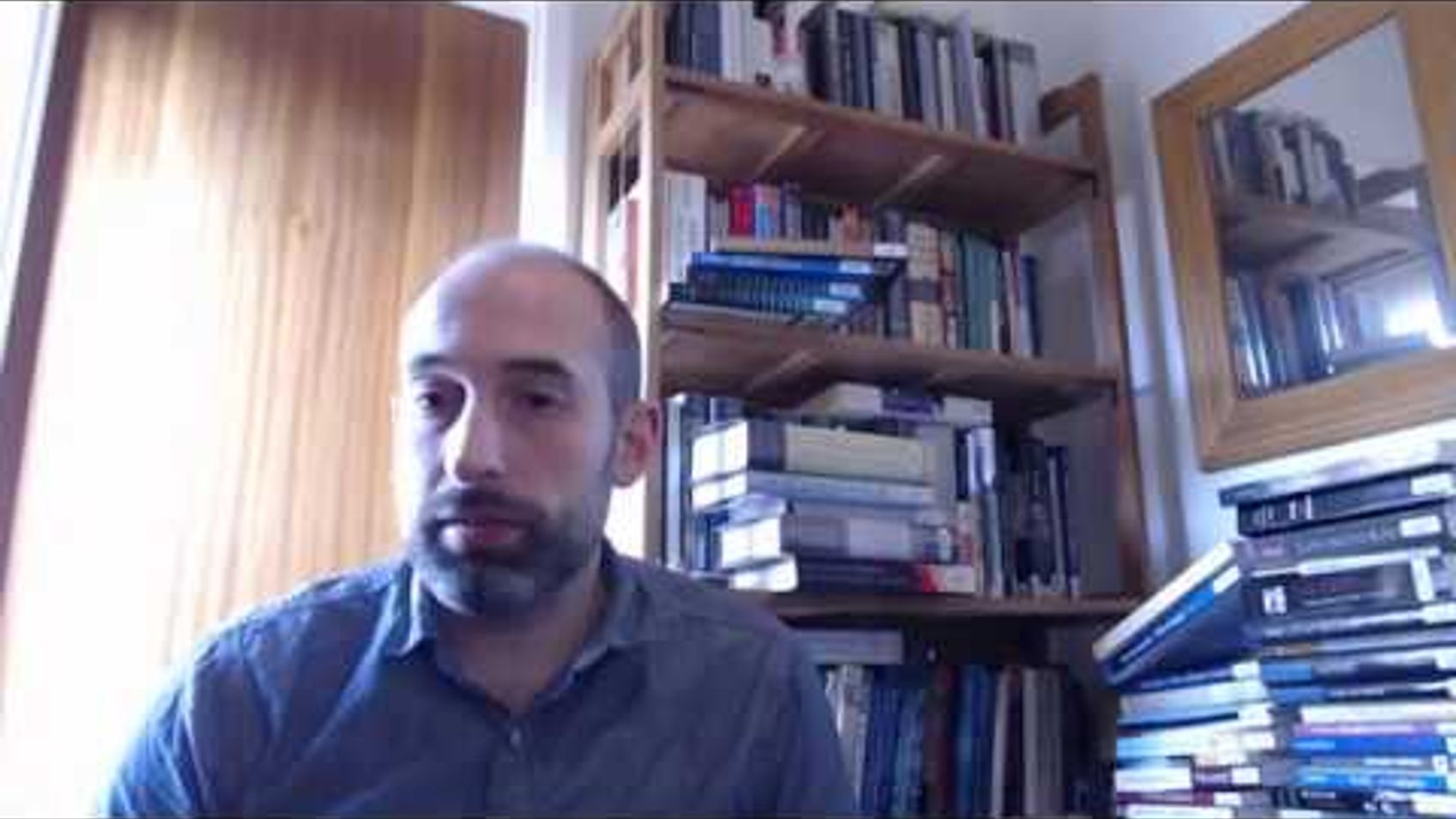Q&A#33 Why are there so many 'Binitarian' Formulations in the NT?

Today's question: "Why are so many references to God in the NT binitarian (Father and Son) rather than trinitarian (Father, Son and Spirit)? I'm thinking of Paul's greetings, Stephen's vision, Jesus' speeches about unity with the Father, etc. Admittedly the Spirit grows more prominent after Pentecost, but I've wondered about this a lot. I've seen anti-trinitarians use this argument, but though I can explain it away, I'm not sure I can positively account for it. Thoughts?"
If you have any questions, you can leave them on my Curious Cat account: https://curiouscat.me/zugzwanged.
If you have enjoyed these videos, please tell your friends and consider supporting me on Patreon: https://www.patreon.com/zugzwanged.
My new Soundcloud account is here: https://soundcloud.com/alastairadversaria. You can also listen to the audio of these episodes on iTunes: https://itunes.apple.com/gb/podcast/alastairs-adversaria/id1416351035?mt=2.
More From Alastair Roberts






More on OpenTheo















